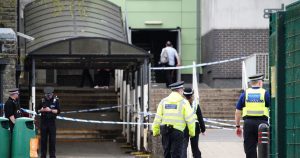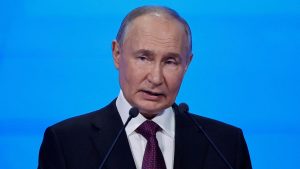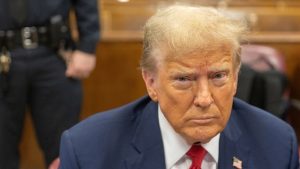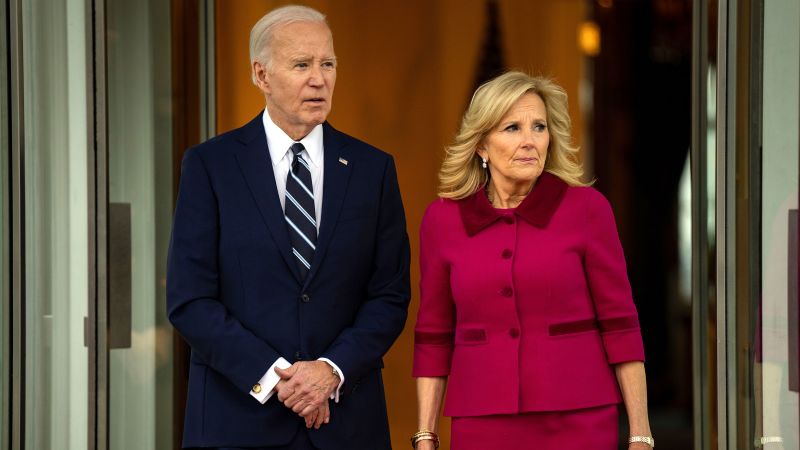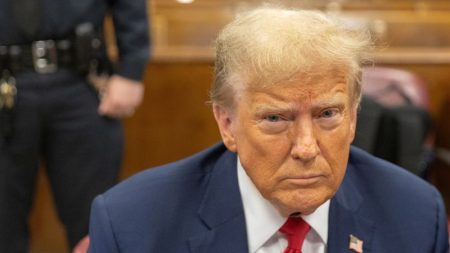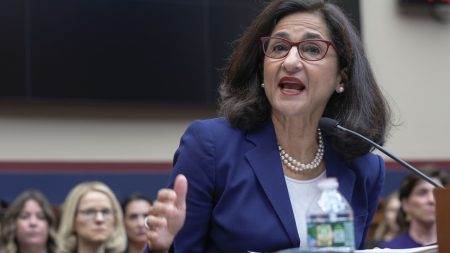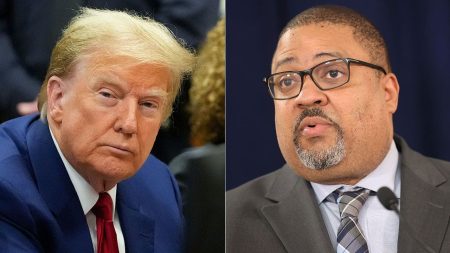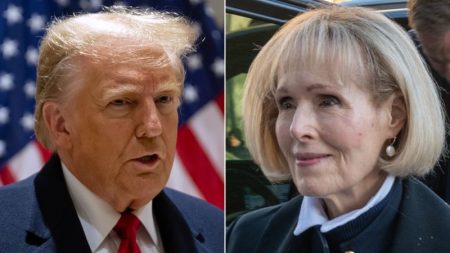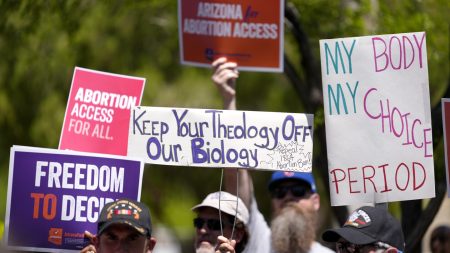President Joe Biden recently met with a group of Muslim community leaders and recounted a conversation he had with first lady Jill Biden regarding the conflict in Gaza. The decision for the leader to attend the gathering had caused concern for his wife due to backlash the president has faced for his handling of the Israel-Hamas war. Attendees at the meeting revealed that President Biden brought up his wife and her concerns, quoting her as saying, “It’s got to stop” and “Stop it now.” However, it was unclear whether her comments were directed at the overall war or the civilian death toll in Gaza. A White House official stated that there is “no daylight” between the couple on the issue and that both share outrage over civilian deaths, although Dr. Biden was not explicitly calling for Israel to end its efforts against Hamas.
The first lady has expressed being “heartbroken” over the loss of civilian lives, including aid workers, in Gaza and believes that Israel needs to take greater care to ensure civilian safety. The couple was particularly affected by an Israeli strike that killed seven World Central Kitchen aid workers in Gaza. The aid organization was founded by chef Jose Andres, a personal friend of the Bidens, and they have both supported his work. Despite the first lady’s limited public comments on the Israel-Hamas conflict, she has emphasized the need for Israel to do more to protect civilians in the region.
During a fundraising event in Atherton, California, the first lady commended President Biden’s handling of the conflict and expressed gratitude that he was leading the country during such tumultuous times. However, she has faced interruptions and frustrations from pro-Palestinian protestors over her husband’s approach to the conflict. The first lady was interrupted multiple times by protestors advocating for a ceasefire during a speech in Tucson, Arizona, and similar protests have occurred at some of her campaign events. Nevertheless, she remains steadfast in her support for her husband and his efforts to address the ongoing conflict in the Middle East.
The New York Times was the first to report on President Biden’s comments referencing the first lady’s concerns about the conflict in Gaza. A top adviser to the first lady confirmed that she has been deeply affected by the loss of civilian lives and stressed the importance of Israel taking measures to protect civilians. Both the president and first lady share a strong stance on the need for Israel to exercise caution in its military operations to prevent further civilian casualties. The Biden administration is committed to addressing the ongoing conflict in the region and working towards a peaceful resolution that ensures the safety and well-being of all individuals involved.


